The G7 event brings world leaders together to discuss pressing global issues. Therefore, the sighting of an iconic and threatened British seahorse shines a light on the importance of prioritising marine habitat protection in upcoming discussions.
Long-snouted seahorses (also known as spiny seahorses) can be found in seagrass beds throughout the south of the UK. However, due to environmental changes such as the destruction of seagrass habitat, there has been a sharp decline in the seahorse population and this once common marine species is becoming increasingly rare.
To put this in perspective, marine biologist Mark Parry has been diving in seagrass for the past seven years, logging hundreds of dives, and this is the first-ever seahorse he's seen in the wild.
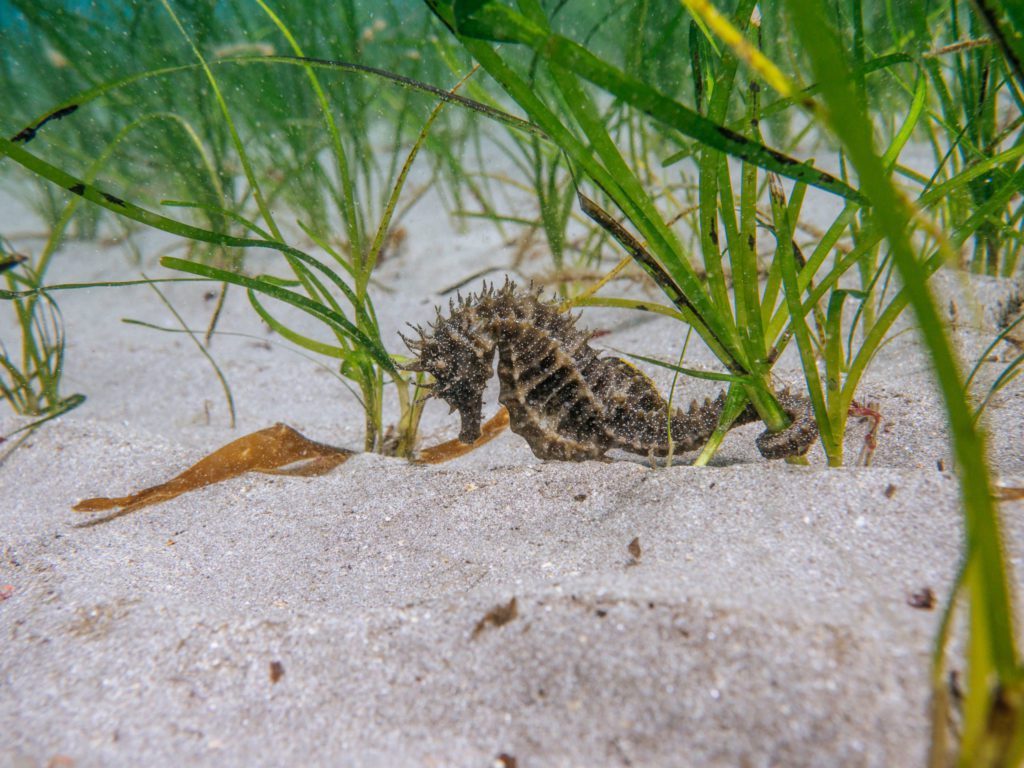
To protect local marine ecosystems, the Ocean Conservation Trust has been restoring seagrass meadows along the South West coastline and raising awareness about the environmental importance of healthy seagrass beds.
Seagrasses are an essential nursery habitat for marine species, they also absorb 35 times more carbon dioxide than forests and hold it in the sediment for thousands of years.
Mark, who is Development Officer at the Ocean Conservation Trust, said: “After seven years of working in seagrass conservation for the Ocean Conservation Trust, it was humbling to experience this rare seahorse sighting, as it highlights the significance of what we’re trying to do with our seagrass restoration work.”
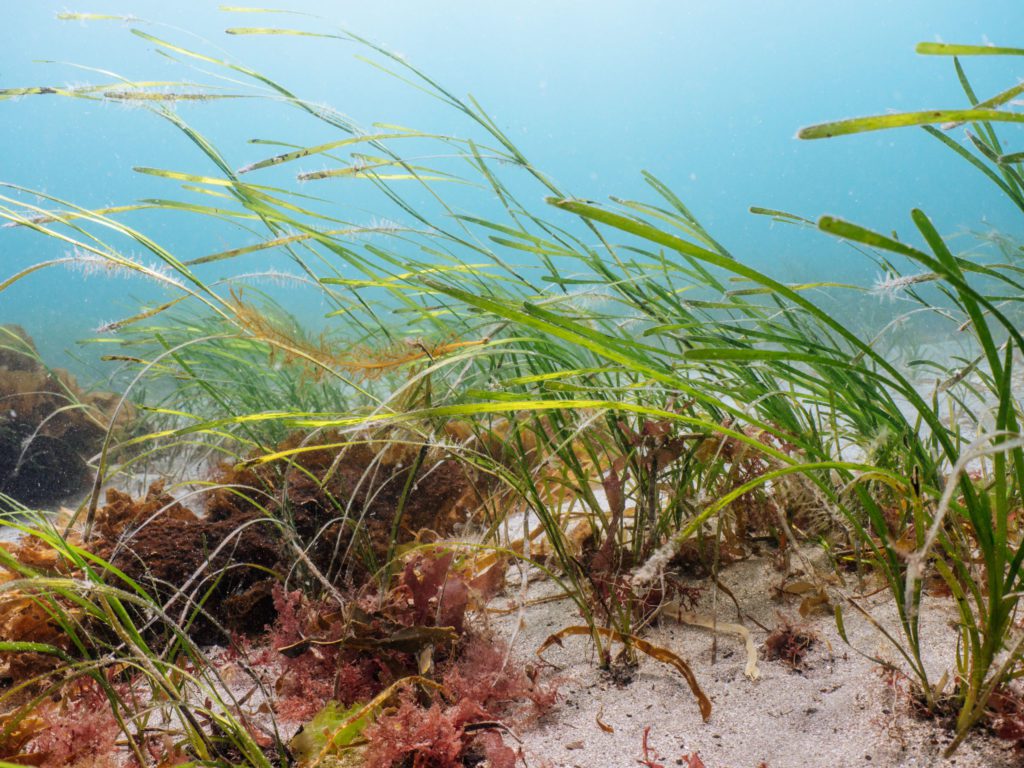
Cornwall and Devon are known for their leadership on green issues in the UK, so it seems appropriate that the seahorse was sighted so close to where the G7 leaders will be making important environmental decisions for our future.
The Ocean Conservation Trust have released this photo to help the public, and the G7 leaders, understand the beautiful and fragile ecosystem that exists just a few metres from the UK shoreline. The Ocean Conservation Trust call for the G7 to ensure that the ocean is not forgotten during the important upcoming discussions.
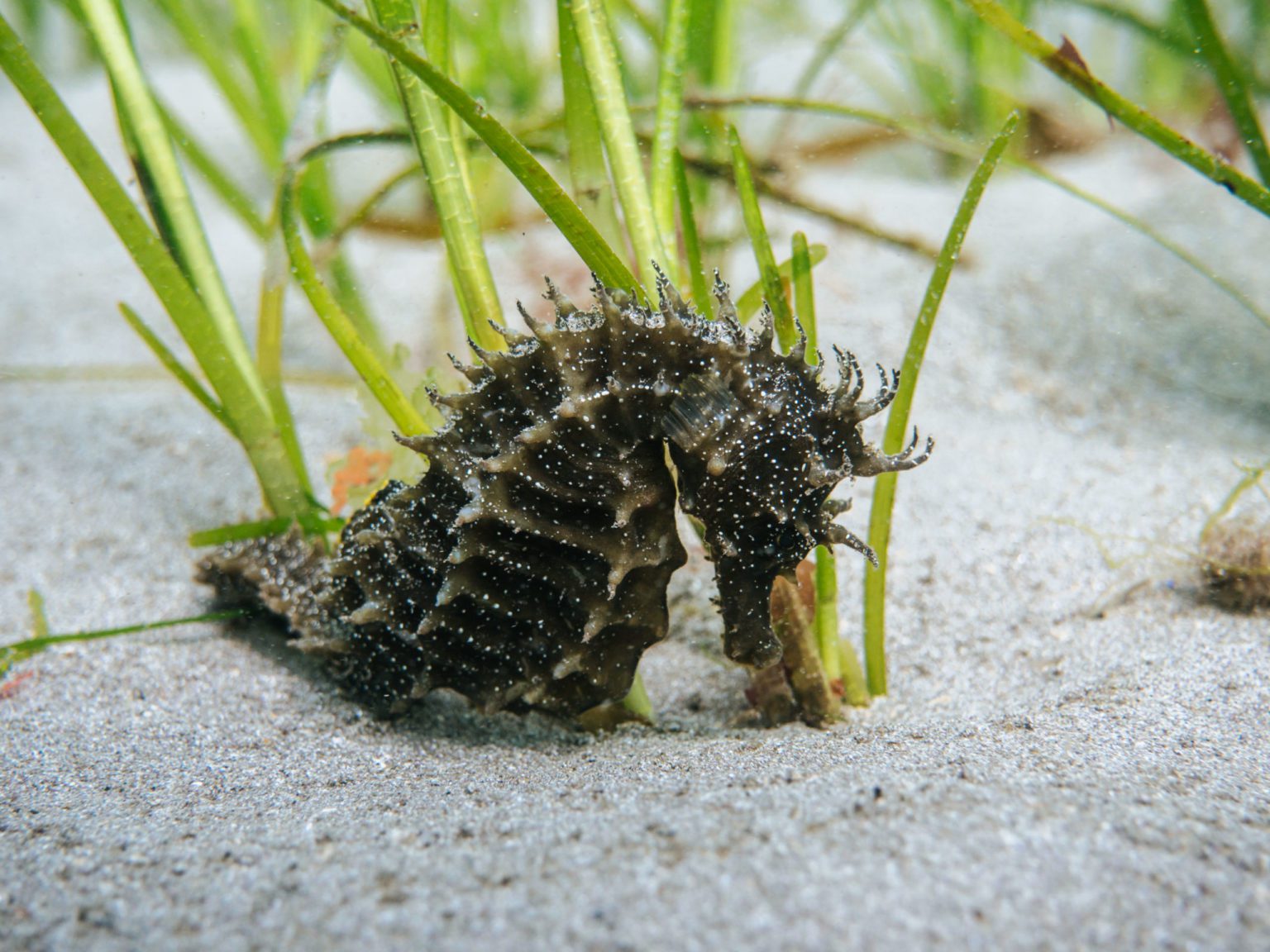




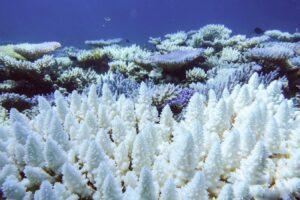
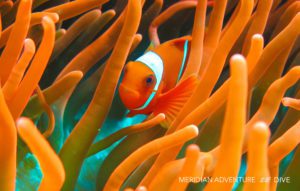
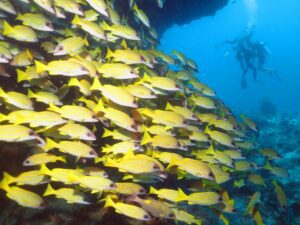
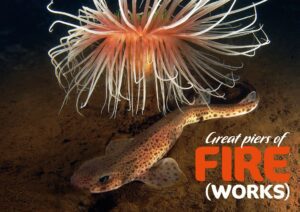
what makes you think there is a decline in Seahorses????
It is not us saying anything about a decline, but Mark Barry is commenting from the fact that in seven years of multiple dives on seagrass he had never seen one.